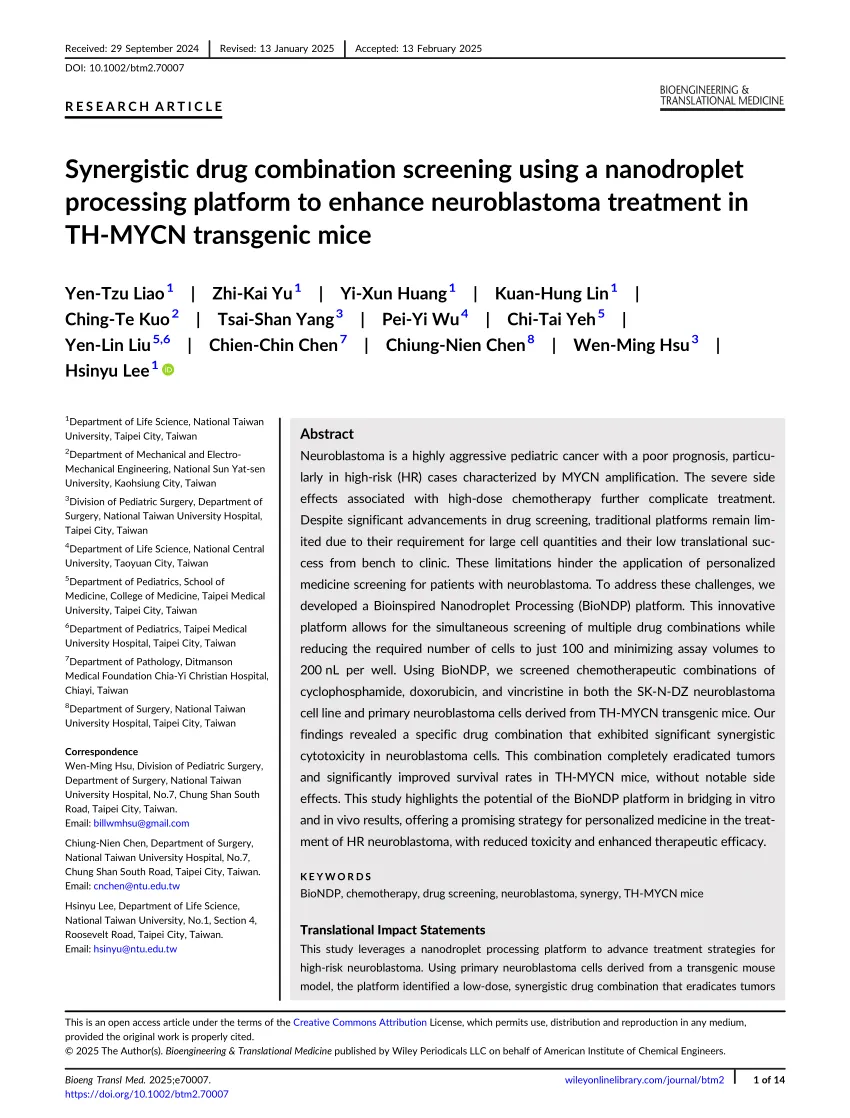Unlocking the Secrets of Transgenic Mice: A Breakthrough in Genetic Research!
In the realm of genetic research, transgenic mice have emerged as invaluable tools, unlocking doors to understanding complex biological processes and human diseases. These genetically modified organisms have had foreign DNA inserted into their genomes, enabling scientists to study gene functions and disease mechanisms with unprecedented precision. Recent advancements in this field have not only enhanced our understanding of various diseases but also opened avenues for innovative therapies that could transform medical treatments.
Transgenic mice are created through a meticulous process that involves injecting foreign DNA into fertilized mouse eggs. This technique allows researchers to manipulate specific genes, leading to observable phenotypic changes. Over the past few decades, the use of these mice has surged, particularly with the advent of genome editing technologies like CRISPR/Cas9, which have streamlined the process of generating transgenic models. This evolution in technology represents a significant leap forward in genetic research.
Transgenic mice serve as valuable models for studying human diseases, including cancer, diabetes, and neurodegenerative disorders. For instance, researchers have utilized these mice to explore the mechanisms behind diseases such as amyotrophic lateral sclerosis (ALS). Tailored mouse models have provided insights into the pathways leading to motor neuron degeneration, paving the way for potential therapies. This ability to replicate human disease processes in mice is crucial for developing targeted treatments and personalized medicine.
However, the creation and use of transgenic mice come with ethical considerations. Concerns regarding animal welfare, the implications of genetic manipulation, and the potential for unintended consequences are paramount. Researchers are urged to conduct their work responsibly, ensuring that ethical standards are upheld while advancing scientific knowledge. Collaborative efforts among institutions and regulatory bodies are essential to navigate these ethical waters.
In recent studies, transgenic mice have been instrumental in exploring complex biological processes such as aging and neurodegeneration. These investigations have provided valuable insights that could lead to innovative treatments in the future. The versatility of transgenic mice allows researchers to create models with multiple genetic modifications, enabling the investigation of interactions between different genes and environmental factors in disease progression.
The global landscape of gene editing regulations is also evolving, impacting how transgenic mice are utilized in research and biotechnology. As scientists continue to push the boundaries of genetic research, it is crucial to ensure that these advancements are accompanied by responsible oversight and regulation. This balance will help maximize the benefits of transgenic mice while minimizing potential risks.
Looking ahead, the future of transgenic mouse technology holds promise for breakthroughs in regenerative medicine and gene therapy. The development of humanized mouse models, which incorporate human genes and tissues, is paving the way for more relevant studies of human diseases and therapeutic responses. These advancements could lead to more effective and personalized medical interventions, ultimately improving patient outcomes.
In conclusion, transgenic mice are essential tools in the field of genetic research. They have revolutionized our understanding of gene function, disease mechanisms, and potential therapies. As we continue to unlock the secrets of these remarkable creatures, we must also remain vigilant in addressing the ethical considerations that accompany their use. The journey of discovery in genetic research is far from over, and transgenic mice will undoubtedly play a pivotal role in shaping the future of medicine.
Key Points:
- Transgenic Mice Defined: Genetically modified organisms used to study gene function and disease mechanisms.
- Research Applications: Models for human diseases like cancer, diabetes, and neurodegenerative disorders.
- Technological Advancements: CRISPR and other genome editing technologies have improved the efficiency of creating transgenic mice.
- Ethical Considerations: Importance of animal welfare and responsible use in research settings.
- Future Potential: Advancements may lead to breakthroughs in regenerative medicine and personalized therapies.
Transgenic mice stand at the forefront of genetic research, providing a unique lens through which we can explore the intricate workings of life itself. As researchers continue to innovate and refine their techniques, the potential for discovery remains boundless, promising a brighter future for medicine and human health.






Leave a Comment